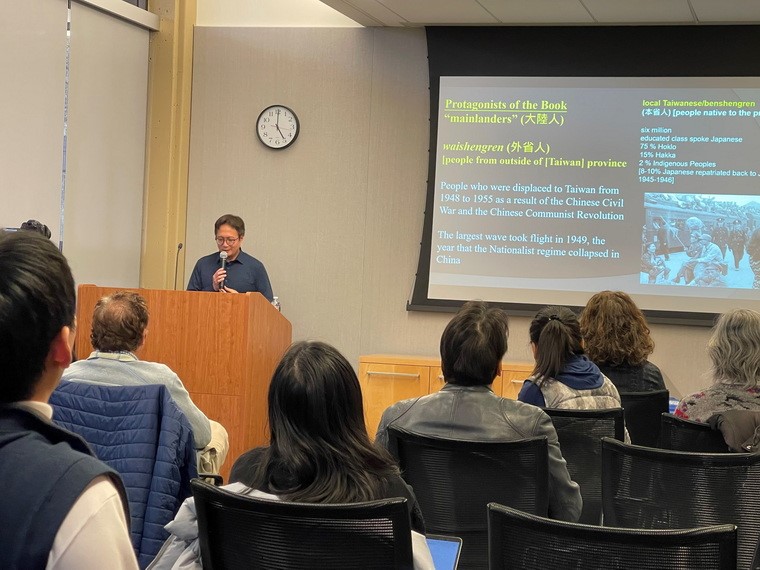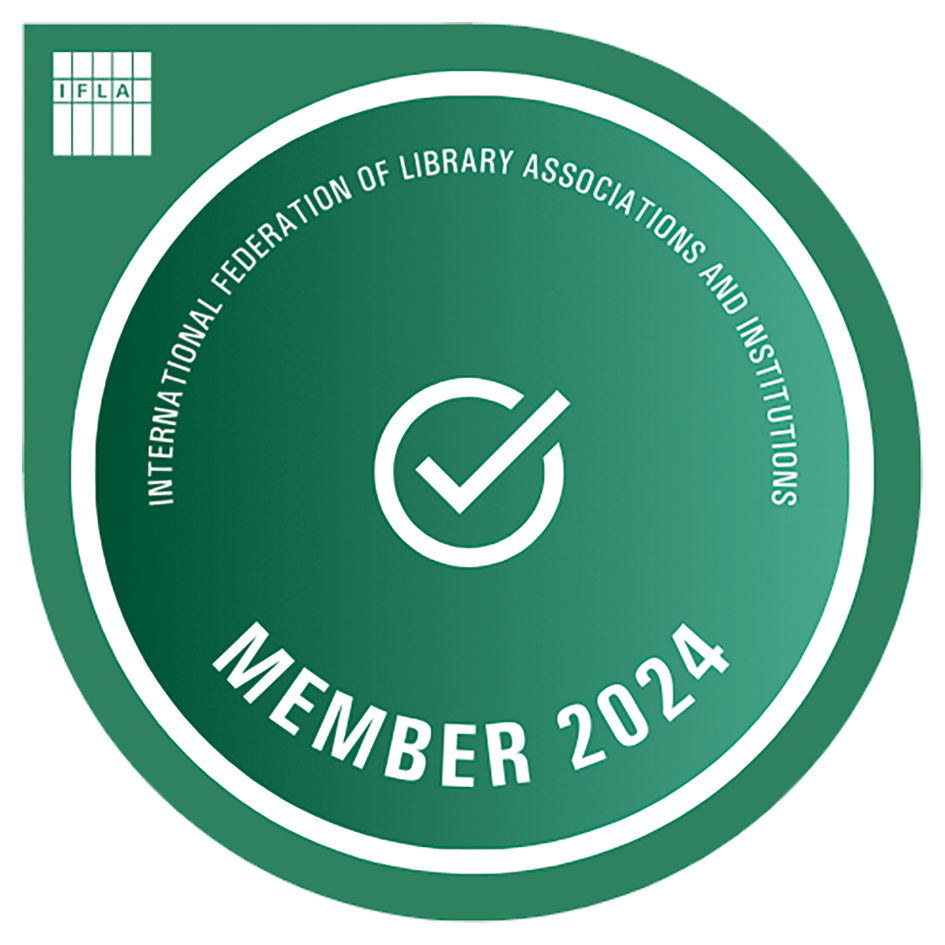News & Events
- 2024-07-03

NCL’s first Taiwan Lecture on Chinese Studies in 2024 was held at Stanford University on March 4 at SU’s East Asian Library. Invited to present the lecture was Dr. Dominic Meng-Hsuan Yang, an associate professor of history at the University of Missouri. He spoke on “Trauma and Memory of the Chinese Civil War in Taiwan: Historical Transformation and Contemporary Implications.”
Dr. Yang received his Ph.D. in history from the University of British Columbia. His research interests include contemporary war trauma in Taiwan and Hong Kong, and the homelessness and memory of refugees. In recent years, he has focused on the White Terror period in the 1950s, as well as the sense of remembrance and the shift to justice after Taiwan democratized. His recent work, The Great Exodus from China: Trauma, Memory, and Identity in Modern Taiwan (Cambridge University Press, 2020) was awarded the Memory Studies Association’s First Book Award in 2021. It was also nominated for the International Book Award in history.
In this lecture, Dr. Yang talked about the discussion that resulted after his book was published. He reflected on the main points of the book and his theory on memory. Dr. Yang holds that given current tensions between Taiwan and China, society still is influenced by the remaining emotions of the civil war between the Nationalists and the Communists. However, for those who actually went through this conflict, can they survive in the contemporary field of memories? For whom are these memories still important? Can Taiwan’s memory tell us about the academic results of the last resistance the Nationalists and Communists engaged in for China? During the lecture, Dr. Yang shared with those in attendance his views on these questions and engaged in deep discussion with them.
- Resources
- NEWS & Events
- ABOUT NCL
- International Cooperation and Exchange
- Services







